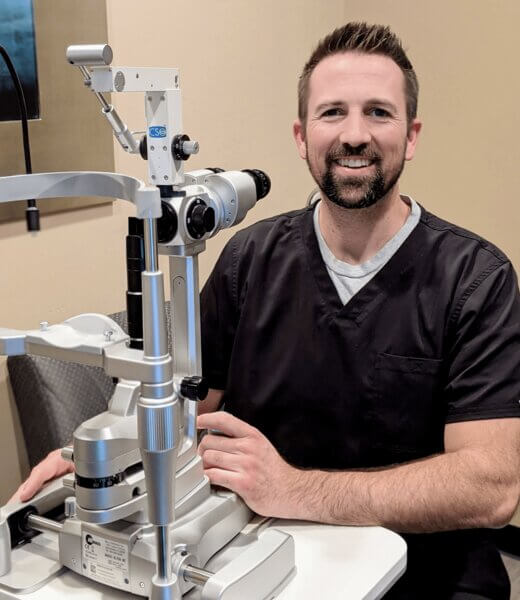
In today’s fast-paced world, our eyes are constantly exposed to digital screens, pollution, and various environmental stressors. As a result, taking proactive measures to safeguard our eyesight has become more important than ever. This comprehensive guide will provide you with valuable insights and practical tips on how to maintain healthy eyesight for a lifetime.
Tips for a Lifetime of Healthy Eyesight
Prioritize Regular Eye Check-ups
Scheduling regular eye check-ups is the first step in maintaining optimal eye health. These check-ups can help detect early signs of eye conditions such as glaucoma, cataracts, and macular degeneration, allowing for timely treatment and prevention.
Eat a Balanced Diet
A diet rich in nutrients like vitamins A, C, and E, as well as minerals like zinc and omega-3 fatty acids, can significantly contribute to healthy eyes. Incorporate foods such as carrots, leafy greens, and fish into your meals to support your eye health.
Stay Hydrated
Proper hydration is essential for overall health, including that of your eyes. Drinking an adequate amount of water helps prevent dry eyes and maintains the moisture balance on your eye’s surface.
Protect Your Eyes from UV Rays
Prolonged exposure to the sun’s harmful ultraviolet (UV) rays can lead to eye damage. Always wear sunglasses that provide UV protection when outdoors, even on cloudy days.
Follow the 20-20-20 Rule
For those who spend long hours in front of screens, practicing the 20-20-20 rule is crucial. Every 20 minutes, take a 20-second break, and focus on something 20 feet away to reduce eye strain.
Quit Smoking
Smoking has been linked to an increased risk of cataracts, macular degeneration, and other eye diseases. Quitting smoking not only benefits your overall health but also helps protect your eyes.
Maintain a Healthy Weight
Being overweight or obese can lead to various health issues, including diabetes, which can harm your eyes. Maintaining a healthy weight through regular exercise and a balanced diet can lower your risk of eye problems.
Manage Stress
High levels of stress can contribute to eye strain and other vision-related problems. Practice stress management techniques such as meditation and deep breathing to keep your eyes and mind relaxed.
Adequate Sleep
Getting enough quality sleep is essential for your eyes to rest and recover. Aim for 7-8 hours of sleep per night to prevent eye fatigue.
Avoid Rubbing Your Eyes
Rubbing your eyes can introduce dirt and bacteria, leading to infections or irritation. If your eyes itch, try using eye drops or gently rinsing them with water.
Use Proper Lighting
Whether you’re reading, working, or using electronic devices, ensure that the lighting is adequate and appropriate for the task. Poor lighting can strain your eyes and lead to discomfort.
Stay Active
Regular physical activity improves blood circulation, which is beneficial for your eyes. Engage in activities like walking, jogging, or yoga to keep your eyes and body healthy.
Limit Screen Time
Excessive screen time can lead to digital eye strain. Set time limits on your devices and use blue light filters to reduce the impact of digital screens on your eyes.
Blink Regularly
Blinking helps moisten the eyes and prevent dryness. Make a conscious effort to blink regularly, especially when using screens or in dry environments.
Practice Eye Exercises
Performing simple eye exercises can help strengthen eye muscles and improve focus. Consult an eye specialist for suitable exercises tailored to your needs.
Know Your Family History
Certain eye conditions, such as glaucoma and macular degeneration, may have a genetic component. Understanding your family’s eye health history can help you take preventive measures.
Use Protective Eyewear
When engaging in activities that could risk eye injury, such as sports or DIY projects, always wear appropriate protective eyewear.
Avoid Overusing Eye Drops
While eye drops can provide relief from irritation, overusing them can have adverse effects. Follow the recommended dosage and consult a healthcare professional if needed.
Stay Informed
Stay informed about the latest advancements in eye health and vision care. Knowledge empowers you to make informed decisions about your eye care.
Maintain Good Hygiene
Proper eye hygiene is essential to prevent eye infections. Wash your hands before touching your eyes and avoid sharing eye makeup or contact lenses.
Monitor Your Blood Pressure and Blood Sugar
High blood pressure and diabetes can impact your eye health. Regularly monitor these conditions and follow your healthcare provider’s recommendations.Stay Well-Hydrated
Adequate hydration is essential for your eye’s tear production. Drink plenty of water throughout the day to prevent dry eyes.Avoid Allergens
If you have known allergies, take steps to avoid allergens that can trigger eye irritation. Use antihistamines or consult an allergist for effective management.Practice Safe Contact Lens Use
If you wear contact lenses, always follow hygiene guidelines, such as proper cleaning and storage, to prevent eye infections.Seek Professional Advice
If you experience any persistent eye problems or discomfort, consult an eye specialist promptly. Early intervention can prevent worsening of eye conditions.
Frequently Asked Questions (FAQs)
Q: Can I improve my eyesight naturally without glasses or contacts?
A: While certain eye exercises and lifestyle changes can help maintain healthy eyes, they may not eliminate the need for glasses or contacts entirely. Consult an eye specialist for personalized advice.
Q: Is it true that eating carrots can improve vision?
A: Carrots are rich in vitamin A, which is essential for good vision. While they won’t provide superhuman vision, including carrots in your diet can support eye health.
Q: How often should I have my eyes checked?
A: Adults should have a comprehensive eye exam at least once every two years, or as recommended by their eye care professional.
Q: What is blue light, and does it harm my eyes?
A: Blue light is emitted by digital screens and can contribute to digital eye strain. Using blue light filters on screens or wearing blue light-blocking glasses can help reduce its impact.
Q: Can eye exercises improve nearsightedness or farsightedness?
A: Eye exercises may help improve focus and reduce eye strain but may not correct refractive errors like nearsightedness or farsightedness.
Q: Are there specific vitamins or supplements that support eye health?
A: Yes, vitamins like A, C, and E, as well as minerals like zinc and omega-3 fatty acids, are known to benefit eye health. Consult your healthcare provider before starting any supplements.
Tatum Eyecare is North Phoenix’s premier family eye care center. We’ve spared no expense to create the most pleasant, comfortable patient experience… including the finest furnishings, the best selection of prescription eyeglass frames, the most cutting-edge technology, and the most outstanding team of industry professionals. Come see why the choice for family eye care in the Valley has never been clearer.


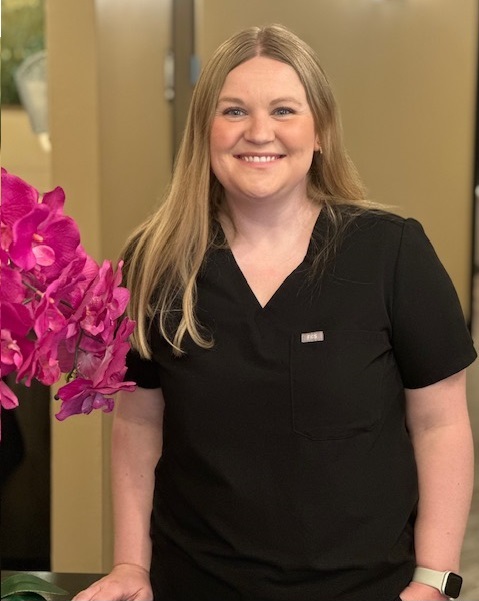
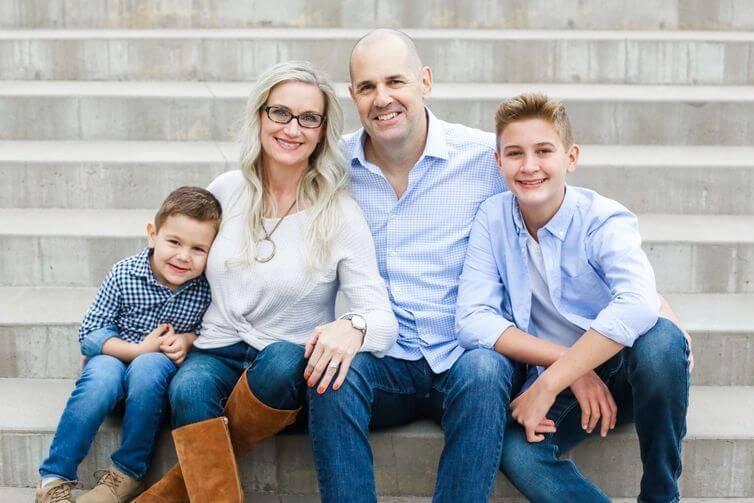

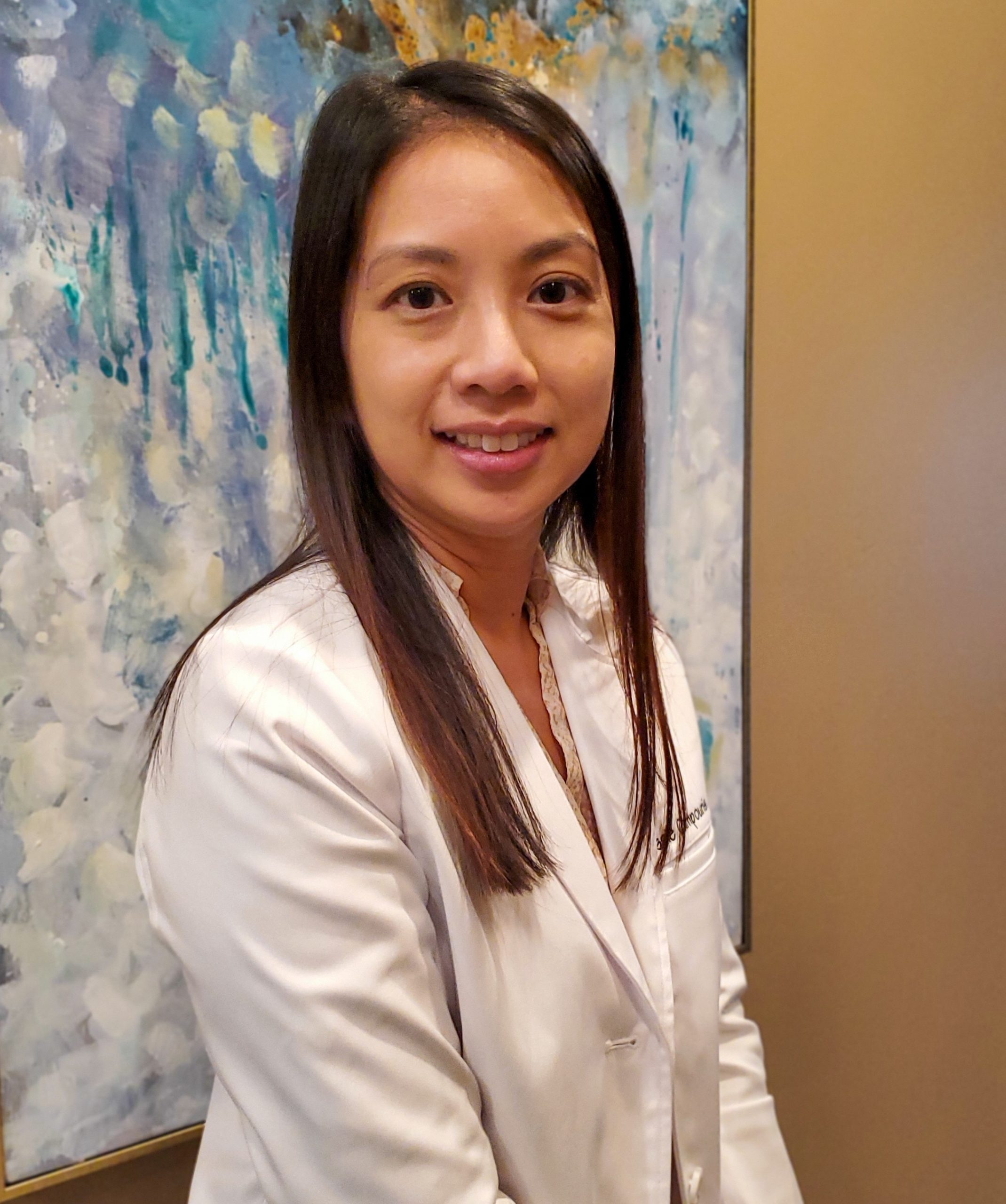
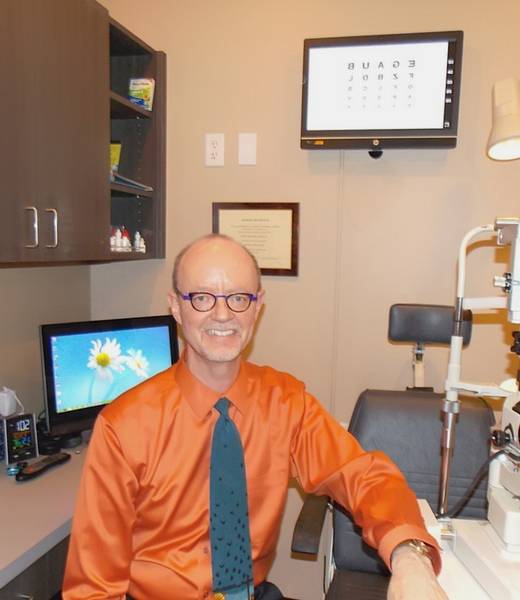
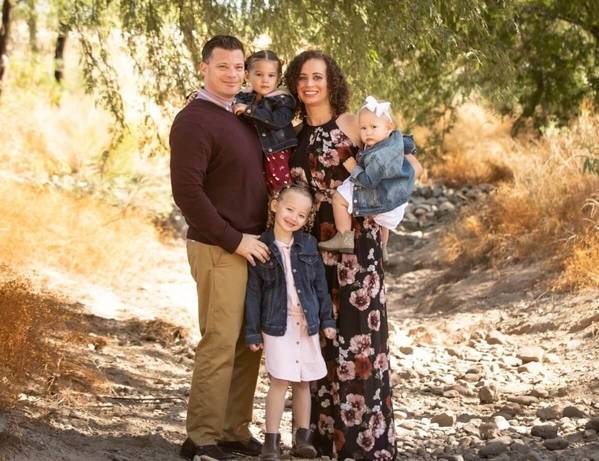
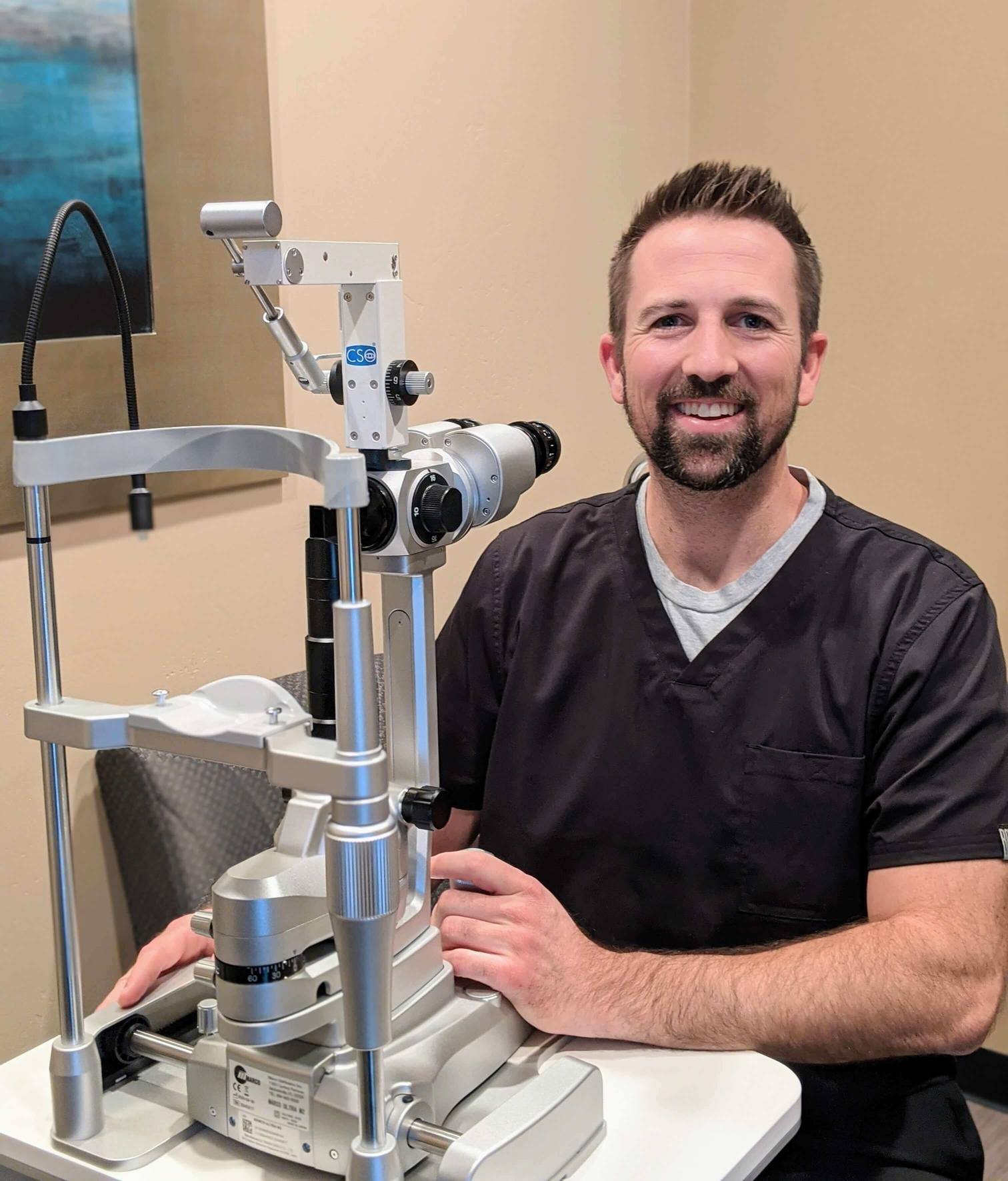
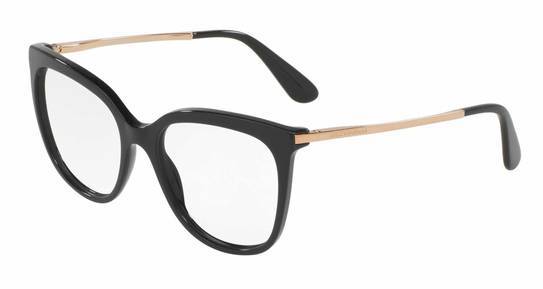






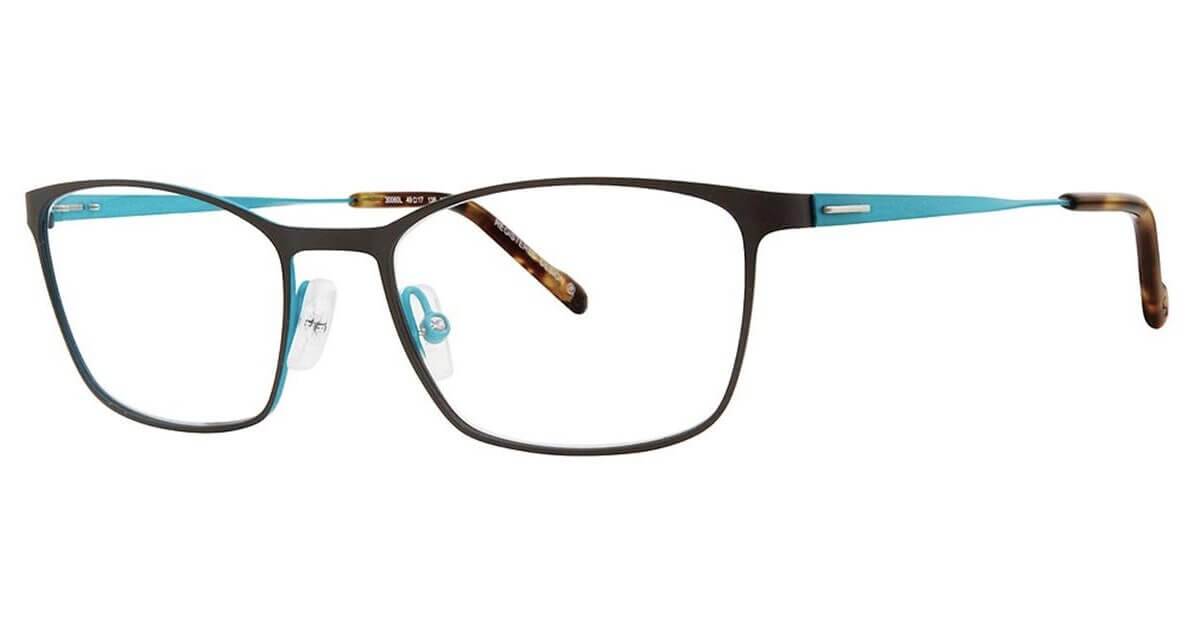

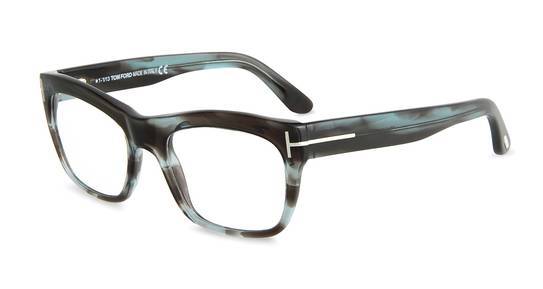
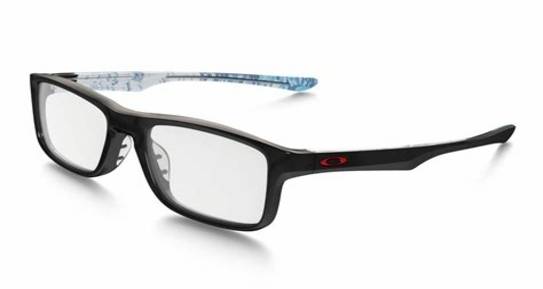
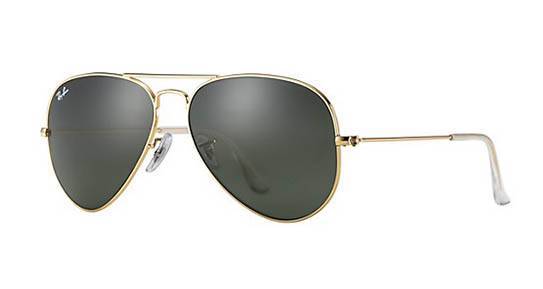
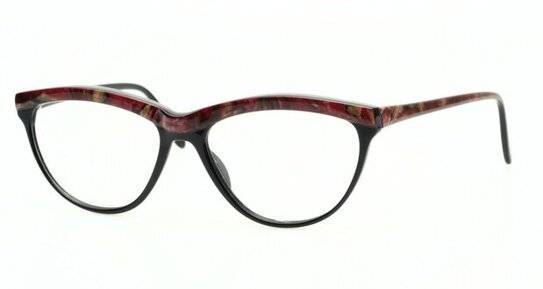
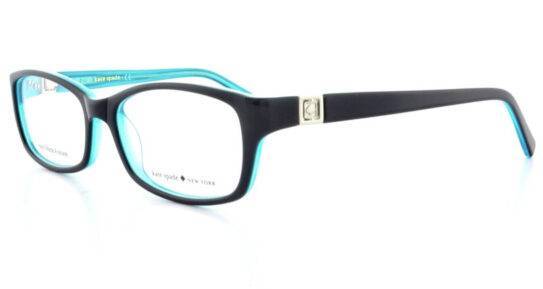
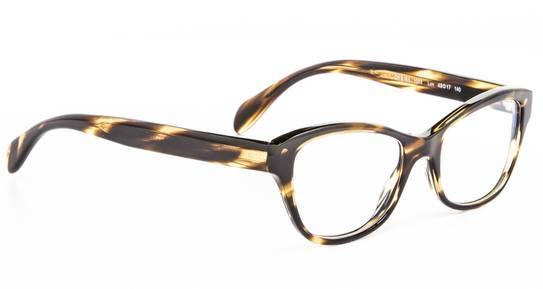

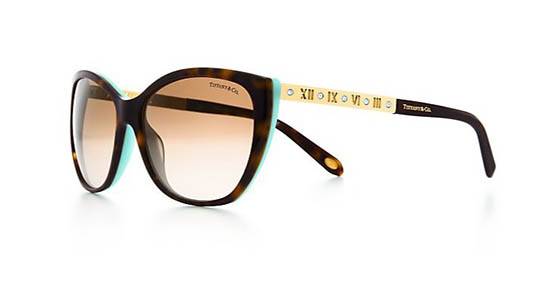
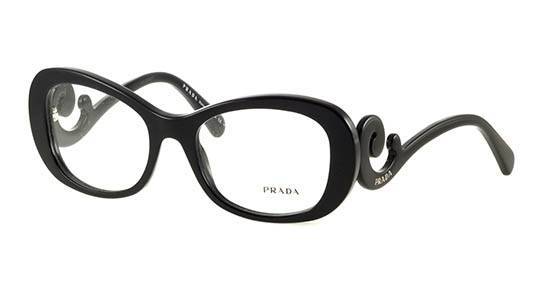
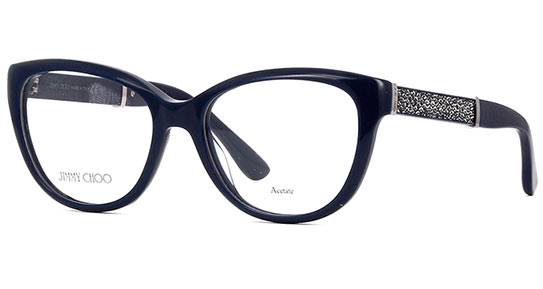
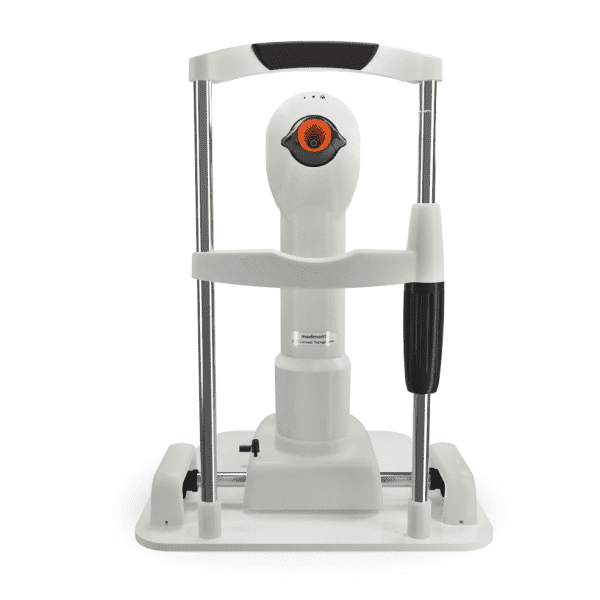
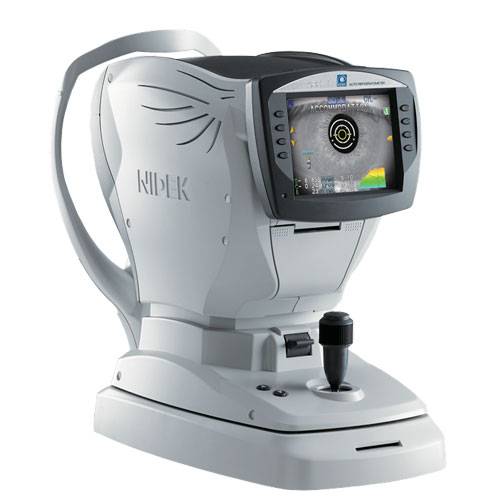
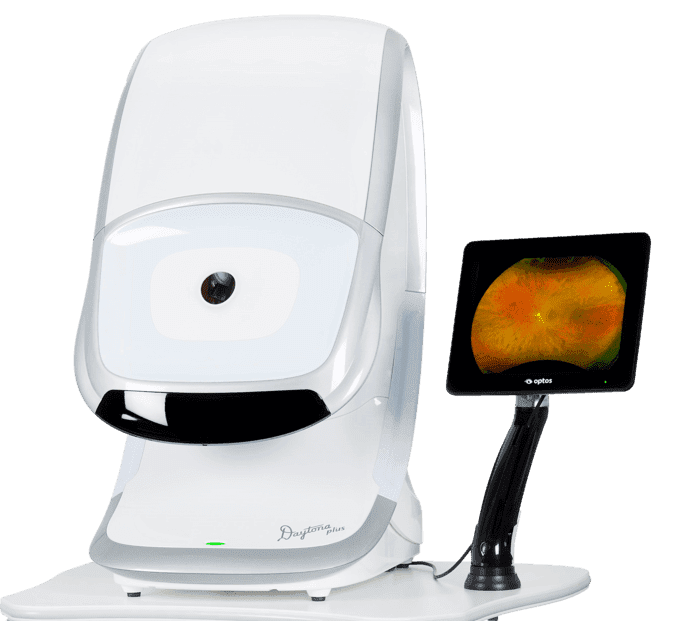
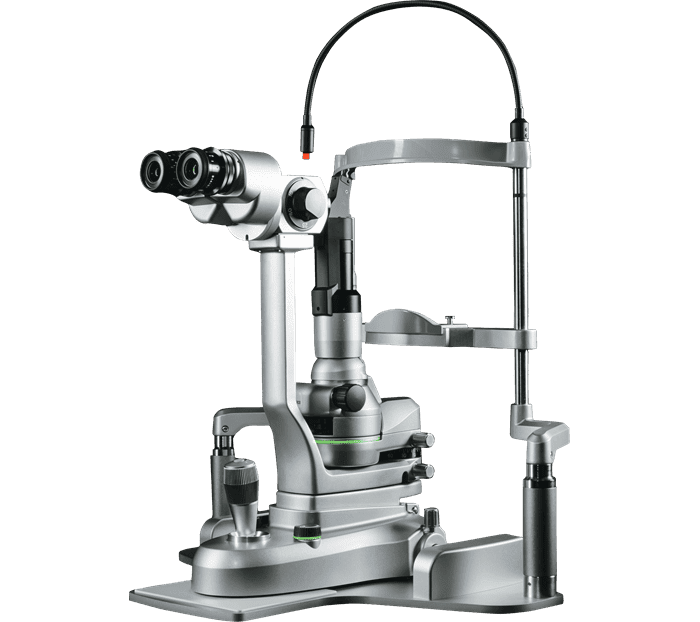
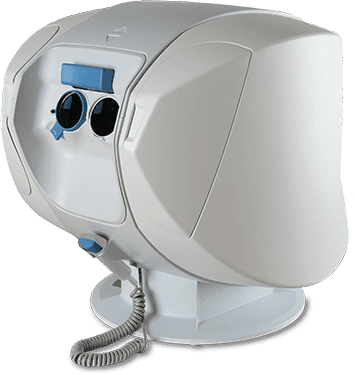
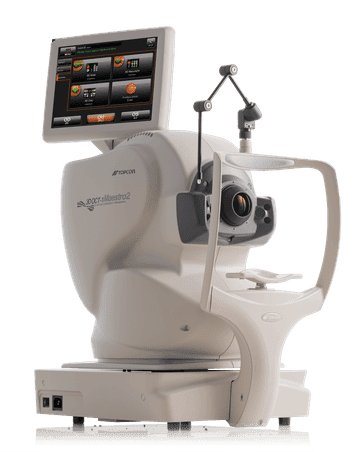
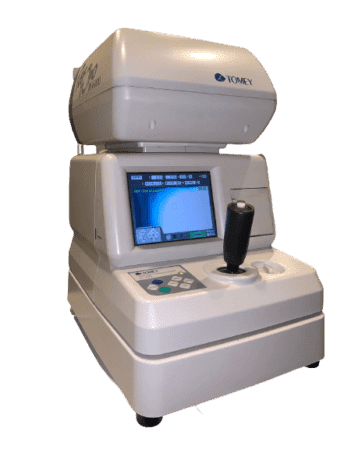
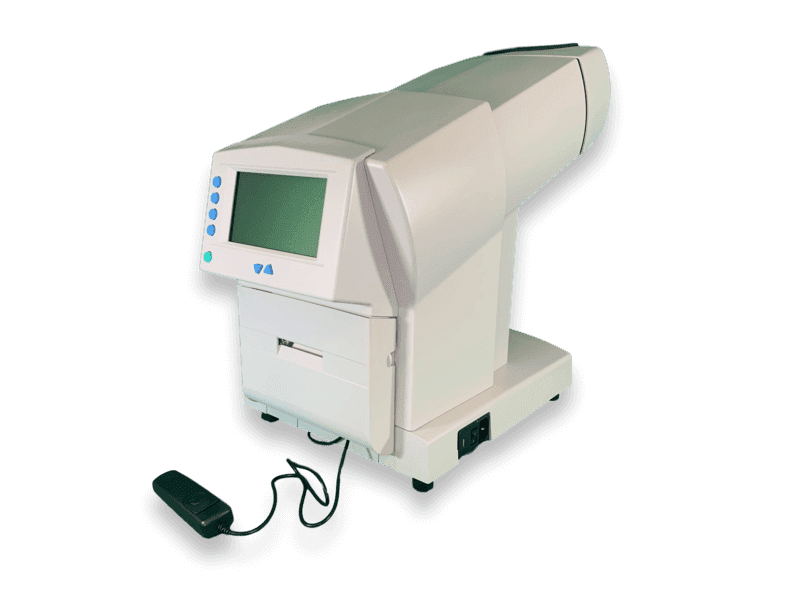
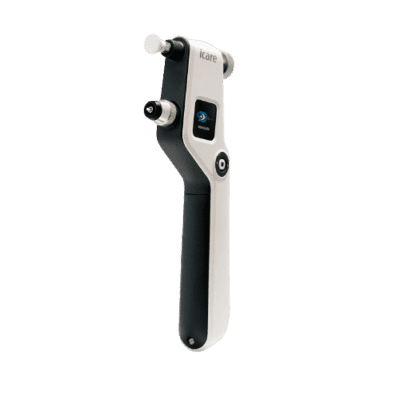
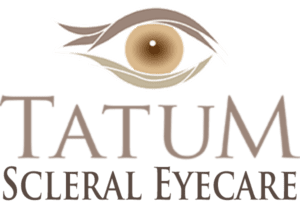
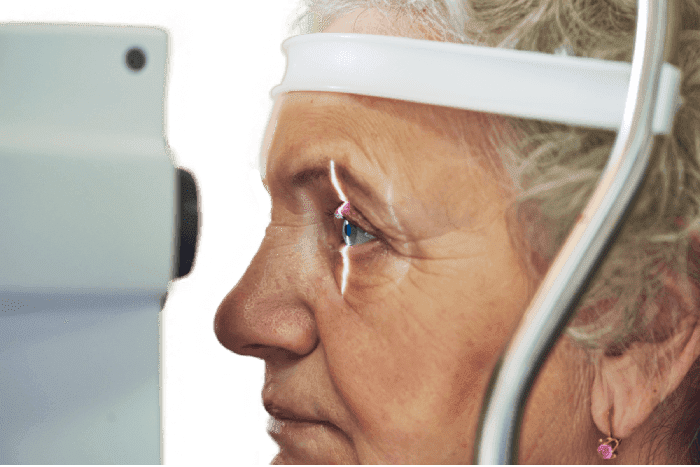
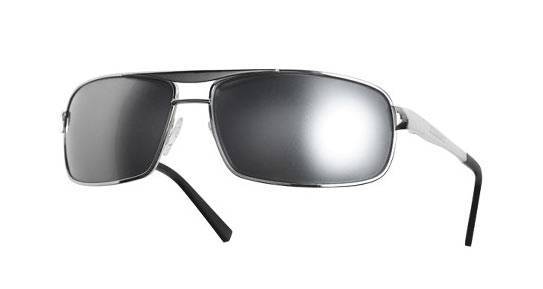 Dillon Optics, the performance eyewear arm of Dillon Precision, have a unique non-reflective, matte lens appearance incorporated with NIR lens technology. This produces noticeably sharper clarity, and protects the lens from damage and harmful environmental conditions. Perfect for outdoor sports and activities where precision vision is required. Tatum Eyecare carries a wide variety of Dillon Optics eyewear.
Dillon Optics, the performance eyewear arm of Dillon Precision, have a unique non-reflective, matte lens appearance incorporated with NIR lens technology. This produces noticeably sharper clarity, and protects the lens from damage and harmful environmental conditions. Perfect for outdoor sports and activities where precision vision is required. Tatum Eyecare carries a wide variety of Dillon Optics eyewear.




